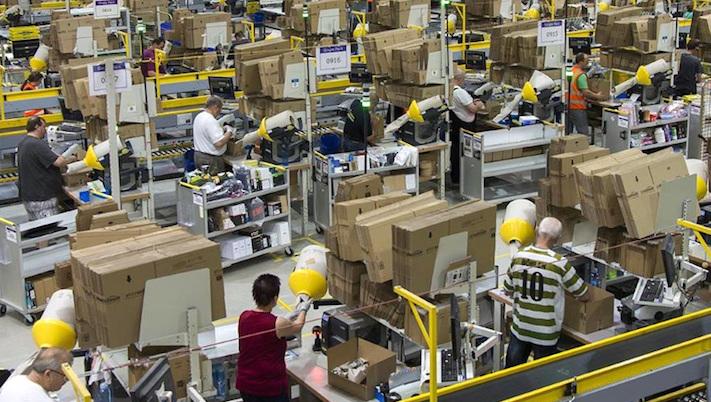Policy flip-flops keep factories idle
Under President Olusegun Obasanjo, a policy was introduced to make flour millers include 10 percent of cassava flour in bread. However, the policy was reversed under late Musa Yar’Adua, but revived under Goodluck Jonathan.
It was quietly shelved under the late Muhammadu Buhari. The policy has been abandoned, leaving some factories shut down.
However, a similar locally-focused policy worked in cement.
Backed by targeted government protection, import restrictions, and the Backwards Integration Policy (BIP), local giants like Dangote Cement were able to scale and dominate both domestic and regional markets.
Read also: Digitisation, policy reforms drivers of Africa’s retail growth — FoodCo
Before reforms in 2006, Nigeria had been the world’s third-largest importer of cement and clinker, with local production covering less than a quarter of demand. The mismatch between supply and demand led to price instability and slowed infrastructure growth.
The introduction of backward integration, high tariffs on imports, and incentives for local investment turned the tide, creating a clear policy environment that made large-scale investment viable.
However, the same policy drive has failed to deliver in food and beverage, with cassava bread an ample case in point. Attempts were made to replicate the same policy in milk and dairy products, among others, did not work.
Analysts argue that replicating the ‘cement miracle’ in other industries will require not just protective tariffs but a mix of targeted incentives, modern technology, and consistent enforcement against smuggling. Without these, they say, Nigeria’s broader industrialisation agenda risks falling short.
Muda Yusuf, chief executive officer of the Centre for the Promotion of Private Enterprise (CPPE), explained that cement thrived largely because it was driven entirely by private investment, with the government creating a clear policy framework that allowed companies to scale operations and dominate the market.
“Unlike cement, where private capital took over the entire value chain, sectors such as steel, paper, and refineries have been burdened by heavy government presence. The government doesn’t have a good track record of running such businesses efficiently, and this has been a major setback,” Yusuf said.
Read also: Changing Nigeria’s industrial policy approach
He cited the Ajaokuta and Delta Steel complexes as examples where government ownership and mismanagement stalled progress. “If those projects had been structured as private investments, the story of Nigeria’s steel industry would have been completely different,” he stated, noting that a functional steel sector is critical for supporting industries such as automobiles, fabrication, and construction.
The economist also noted that Nigeria’s paper mills, such as Jebba and Iwopin, suffered similar fates due to flawed privatisation processes, leaving them in the hands of investors without the financial or technical capacity to revive them.
On the textile industry, Yusuf identified smuggling, the influx of second-hand clothes, and high energy costs as the biggest obstacles. “Textiles are energy-intensive and foreign exchange-dependent. In an economy where power supply is unreliable and costly, it becomes very difficult to compete with imports from countries like China,” he explained.
“Obsolete technologies, some dating back 30 to 40 years, also weigh heavily on Nigeria’s manufacturing competitiveness. “When you are running industries with outdated machinery, your costs will always be high, and that undermines your ability to compete in global and even local markets,” Yusuf added.
Musibau Adetunji Babatunde, commissioner for Budget and Economic Planning in Oyo State, noted that policies in agriculture and manufacturing often fail because they are not properly targeted. “If support is well directed to smallholder farmers and professional associations, we would see a faster turnaround,” he said.
Read also: Cash-strapped real estate sector hit by poor skills, policy flip-flops
Babatunde argued that policies fail to support the right players. He noted that while backward integration worked in cement, similar policies have not been effectively applied on agriculture and manufacturing.
“For smallholder farmers who want to export, the procedures are too complex, from certifications at the ports to poorly targeted incentives.
“If support was channelled directly through their professional associations, with proper monitoring, we would see a faster turnaround, just like cement.
“The government’s role should be to coordinate and standardise production to meet international export requirements, not to impose blanket programmes that don’t fit Nigeria’s structural realities,” Babatunde explained.

